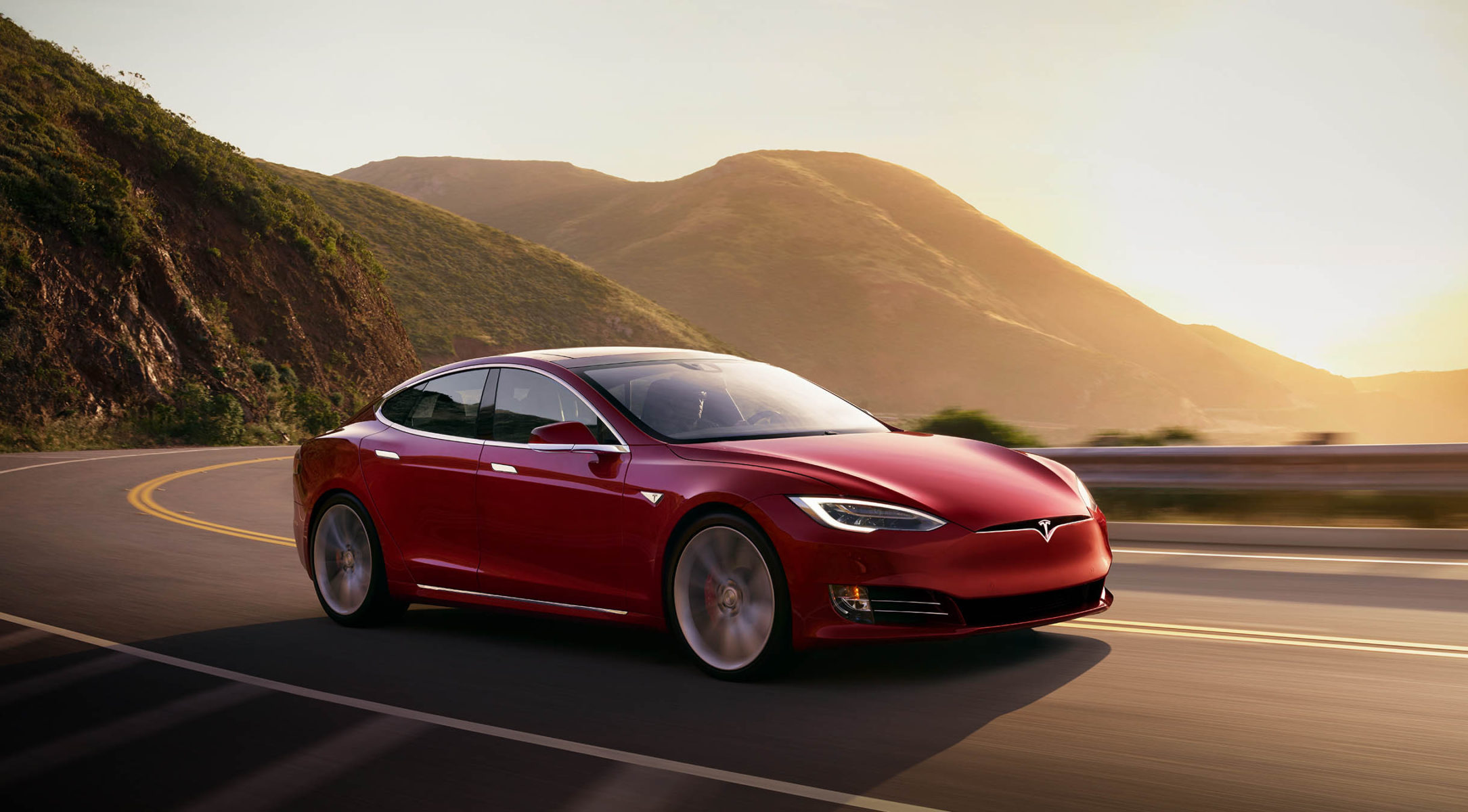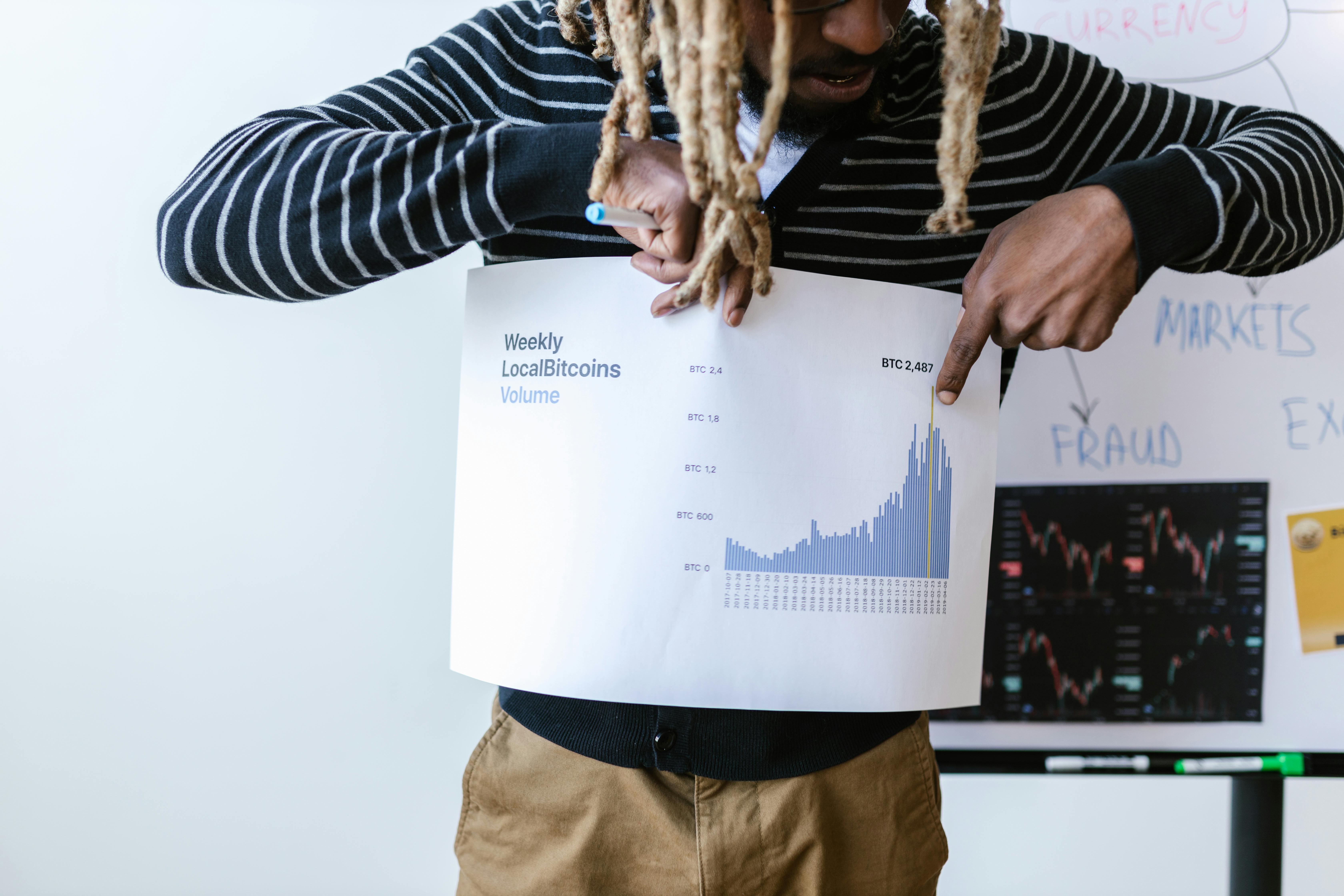Tesla has bought $1.5 billion (€1.25 billion) in bitcoin and signalled that it intends to begin accepting the cryptocurrency as a form of payment.
On Monday, in its annual report to the US Securities and Trade Commission, the California-based manufacturer said it made the investment after updating its investment policy last month to allow it to invest in digital assets as well as gold bullion and gold exchange-traded funds.
The company said it “expect[s] to begin accepting bitcoin as a form of payment for our products in the near future”.
The electric-car maker’s endorsement of Bitcoin saw its price hop 10 per cent, to make one bitcoin worth more than €36,400.
Tesla CEO Elon Musk has long been a proponent of cryptocurrencies. On Sunday, after his tweets, the much-derided cryptocurrency, Dogecoin, hit a record price.
Tesla and Musk’s support of cryptocurrencies, especially Bitcoin, has lent the currencies a much-needed element of legitimacy.
However, after announcing that it had made the investment, the company did concede that Bitcoin is a risky investment, saying “the prices of digital assets have been in the past and may continue to be highly volatile, including as a result of various associated risks and uncertainties”.
Furthermore, “as intangible assets without centralized issuers or governing bodies, digital assets have been, and may in the future be, subject to security breaches, cyberattacks or other malicious activities, as well as human errors or computer malfunctions that may result in the loss or destruction of private keys needed to access such assets”, the company acknowledged.
Featured Image:
Tesla
Poland to trial 4-day work week, and Greece a 13-hour day. Where does Malta stand?
Europe is debating working hours across the board
As global prices spike, the fate of Malta’s olive oil is up in the air
While Malta has limited capacities to produce olive oil, farmers are struggling against climate change and a lack of support
Clyde Caruana dismisses Iran war energy price concerns: ‘Malta has plenty of space to manoeuvre’
The escalating conflict between Israel and Iran has sent shockwaves through global energy markets






